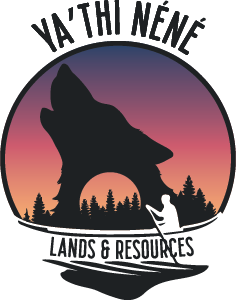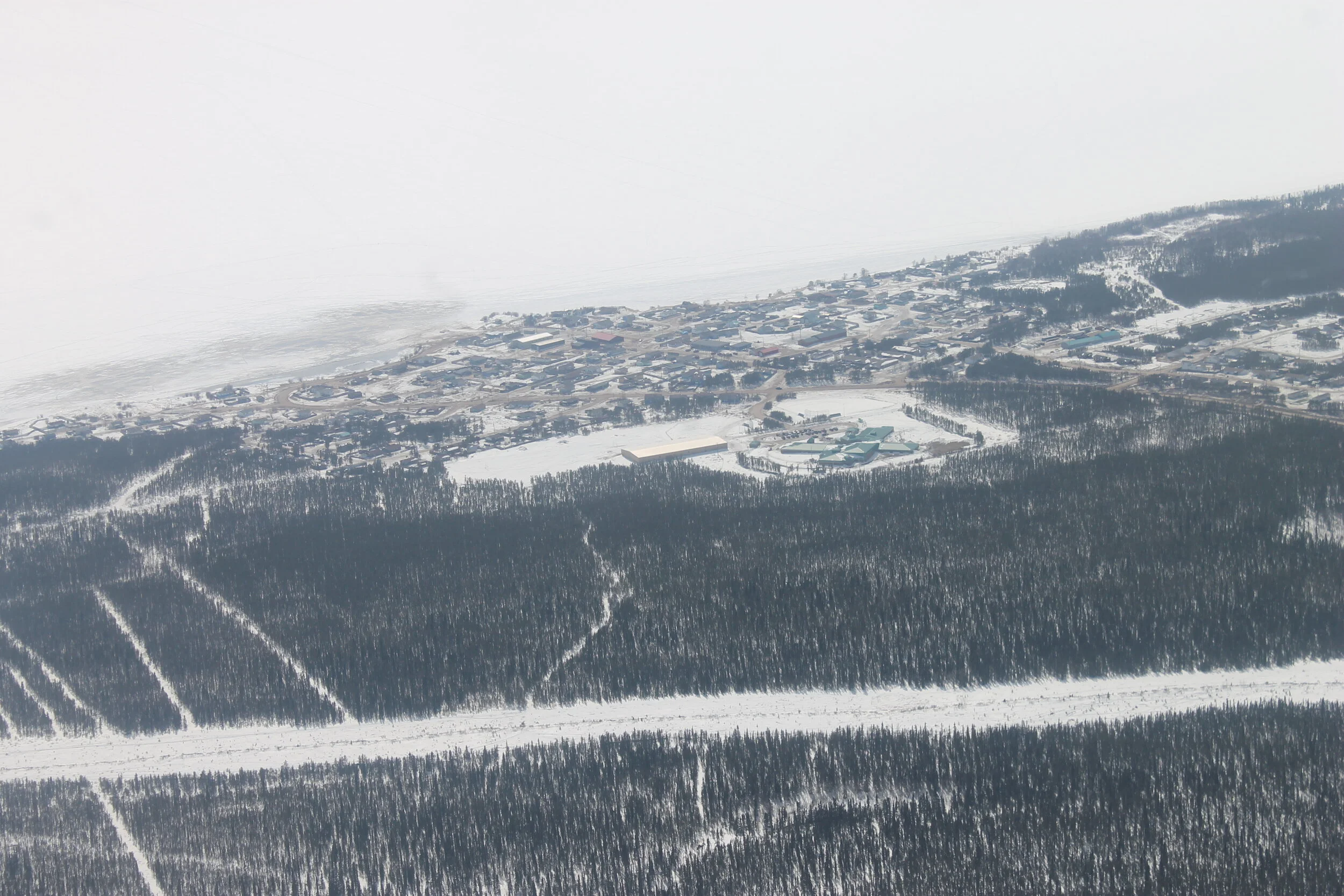
Representing Nuhenéné.
These are the Basin communities that we work for.
Hatchet Lake
Hatchet Lake Denesųłiné First Nation is a community on the southeastern shore of Wollaston Lake (also known as Lac La Hache, meaning “Axe Lake” in French). A community profile is available on the website of the Prince Albert Grand Council, of which it is a member.
Wollaston Lake Post
The northern settlement of Wollaston Lake Post is located on the southeastern shore of the lake of the same name. Wollaston Lake Post is home to about 105 people.
Black Lake
Black Lake Denesųłiné First Nation is located on the northwest shore of Black Lake where it meets the Fond du Lac River as it flows into Lake Athabasca. A community profile is available on the website of the Prince Albert Grand Council, of which it is a member.
Stony Rapids
Stony Rapids is a community of about 120 people located at the mouth of the Fond du Lac River on the east end of Lake Athabasca. Just 82 kilometres south of the Saskatchewan-Northwest Territories border, it is a regional hub for residents and visitors for services, recreation and tourism.
Uranium City
Uranium City is Saskatchewan’s most northerly settlement, located on the northern shore of Lake Athabasca. Once a bustling mining city, the community is now home to about 75 people.
Camsell Portage
Camsell Portage is a Dene, Cree, Métis community of seven people on the north-central shore of Lake Athabasca, 36 kilometres west of Uranium City. Life revolves around traditional activities including hunting, fishing and trapping.







